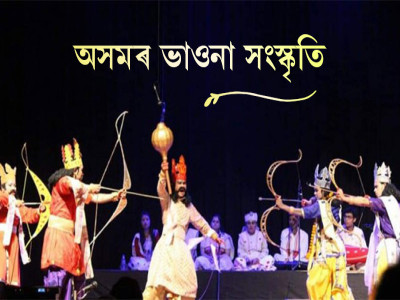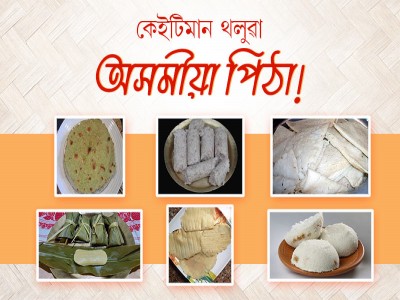
Ima Keithel: The Women Market of Manipur, India
Since time immemorial, women have played an important role in shaping and building society, which in turn have moulded states and nations. The level of advancement of the entire society can be measured through the status of women, as all social and economic inequalities find their reflection in the status of women. This status thus has become an indicator of the development of every country that took on a global scale. The only way to win the struggle against poverty, hunger, and demographic problems is through the fullest involvement of women as participants and beneficiaries of development. Hence, the empowerment of women enabling them to enjoy higher status becomes an important development goal. Let’s have a look at one such empowered society in the state of Manipur.
ImaKeithel is the only market of its kind in India.
It’s a unique example of women's empowerment and their self-sufficient
social-economic role in society in the Indian state of Manipur. Probably the
largest market of its kind in the world, ImaKeithel is
famous for being a market solely run by women. The market located in the
capital city of Imphal is a vibrant and colourful arena with an amalgamation of
products that attract tourists and locals alike. It is an amazing sight to see
local women dressed in traditional phaneks (long skirts
tightly draped around the waist) and innaphis (shoulder
drapes very similar to shawls) setting up their shops and stalls every morning,
as they get ready to welcome scores of customers. The market is truly a house
of attraction for those who enjoy shopping. From
fresh fruits, vegetables, and spices to textiles, handicrafts, etc., the shops
in the bustling market cater to all the needs of locals and tourists. The
word ‘Ima’ means mother while ‘Keithel’ means
market and there are around 5,000 imas running stalls
on both sides of the road at the ImaKeithel. Located at the
heart of Imphal, the 600-year-old market has been an important trading hub of
the state and continues to draw a large number of buyers on a daily basis. Women
who run this market here not only sell goods but over the years have knitted a
close bond with each other as they regularly share their day-to-day struggles
while also conversing and opinionating upon social, economic, and political affairs. Women
in Manipur enjoy a unique status in society. Women’s empowerment is visible
through the high economic participation rate of women as well as physically
manifested activities carried out in the economic sphere as evidenced in
the Imakeithel. A distinct feature of Manipuri women is
their predominance participation in economic activity be it in family run
business, farming, skill-based work, or as seen in streets, roads, lanes, and
by-lanes of Manipur, where one can see women working passionately; selling
fruits, vegetables, fish, clothes, etc.
The prominent economic role of
women has its historical roots in the lallup system of
Manipur, where the men folk were obliged to serve the king at times of need,
for instance, as state forces in times of war, or by rendering free labor in
road construction, digging and clearing riverbeds, or any other service for the
king, for which they were not paid, and this left the women to fend for
themselves in their husband’s or men folks’ prolonged absence. They had to shoulder
immense economic and social responsibility in the absence of their husbands.
They took up farming, tending cattle, weaving, blacksmithing, fishing,
agriculture, kitchen gardening, etc.
In Manipur, the workforce participation rate is quite high for women, as compared to the rest of India. According to the Union Budget 2022, the overall workforce participation rate of women in India is 20.3%( about 29% in Manipur), which is among the lowest in the world.
This can explain the
improved status of Manipuri women be it increased literacy rate, sex ratio,
strong political force, entrepreneurship skills, multiple works including
sociocultural-political-economic activities, and skilled weavers. However, there is a further need to bring
inclusive development across India to improve the economic status of women and
their work participation by offering them better opportunities and financial
credit.
Disclaimer: The opinions expressed in this article are those of the author's. They do not purport to reflect the opinions or views of The Critical Script or its editor.

Newsletter!!!
Subscribe to our weekly Newsletter and stay tuned.

















Related Comments